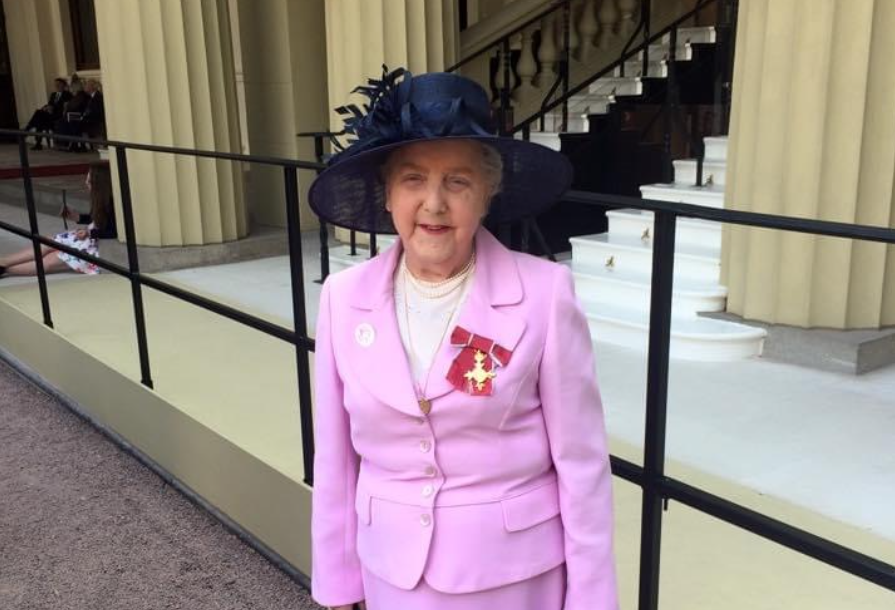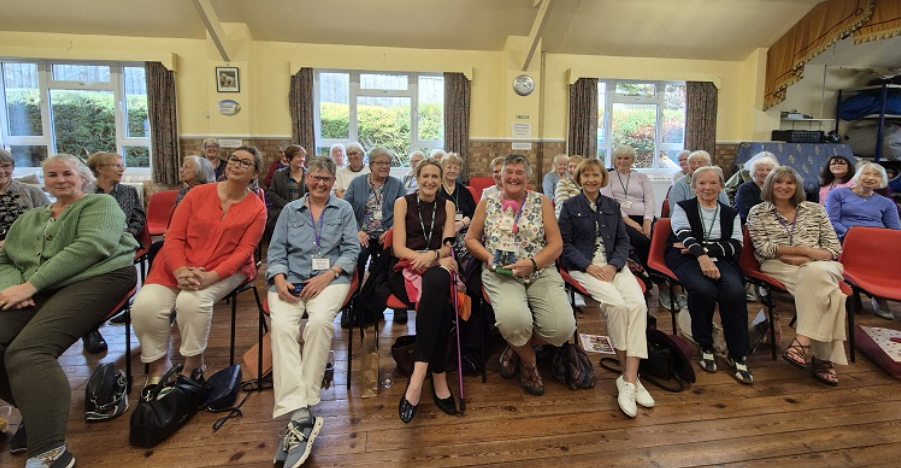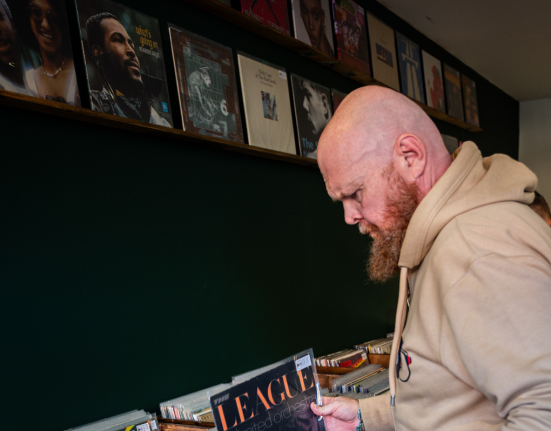Quiet power, loud legacy
The Women’s Institute turned 110 yesterday (Sep 16). Born in 1915, at a time when women’s voices were largely dismissed in public life, the WI became a force for education, self-sufficiency and social action.
In the middle of a world war, it helped feed communities, conserve food, and raise morale. Over the decades, it has grown into the largest women’s organisation in the UK, uniting hundreds of thousands in a network of quiet but determined influence.
As Melissa Green, CEO of the NFWI, put it this morning: “Our members…reflect on all that we achieve together through our quiet yet persistent power.” She is right. The WI has never needed to shout to be heard. It has been the steady pulse of civic Britain.
A personal inheritance
For me, this milestone is not abstract. My late nan, Denise Moreton OBE, or Mrs Moreton as she was known to many, gave decades of her life to the movement – first as volunteer, then trustee and later chairman of Staffordshire WI. I remember helping her as a child, lugging tables, laying out cakes, setting up trestles in cold village halls. At Christmas, I helped cook and served dinner for the Codsall Wood branch on the farm. These moments shaped me. They also taught me the WI’s lesson: service is done quietly, faithfully, and with joy.
Her OBE was not for prestige – it was recognition of graft. She spent her life sustaining an institution that knits together towns and villages, one event, one meeting, one campaign at a time. She died in September 2018, but her story is part of the WI’s greater legacy.

A national force for good
The WI is often stereotyped as jam and Jerusalem, but that sells it short. This is the organisation that has campaigned on equal pay, climate change, breast cancer awareness, modern slavery, food poverty, and women’s health. It was WI members who pressed the government on fair milk pricing, who demanded more cervical cancer screening, who argued for action on plastic pollution long before it became fashionable.
It is activism with an apron – grassroots pressure with a pot of tea in hand. It reminds us that Britishness is not only about pomp and ceremony but about resilience, fairness, and community spirit.

What makes Britain great
In a time when cynicism about institutions runs high, the WI stands out as an antidote. It embodies what is best about Britain: voluntary service, friendship across generations, and the conviction that ordinary citizens can change extraordinary things. It has survived war, austerity, political upheaval, and social change because it represents a timeless truth – that people are stronger together.
The lesson of persistence
The WI endures because it does not chase headlines – it builds networks. It does not posture – it persuades. It campaigns with patience, backed not by lobbyists or donors, but by the collective will of women determined to leave their villages, towns, and country better than they found them. In an age of instant outrage and fleeting causes, that model feels radical.
Looking forward
The WI’s birthday is not just a chance to cut cake. It is an invitation to remember the value of collective action, friendship, and persistence. If the last 110 years are anything to go by, the next century will prove that the quietest voices often leave the loudest legacy.







